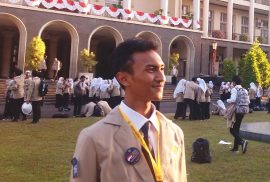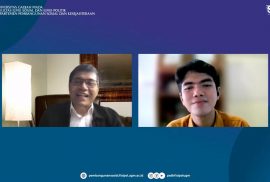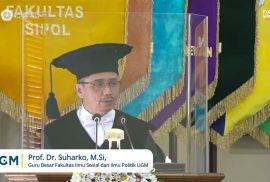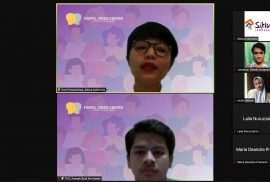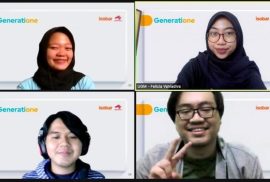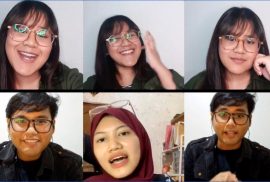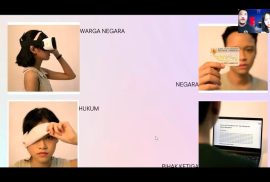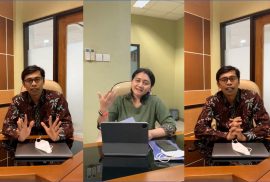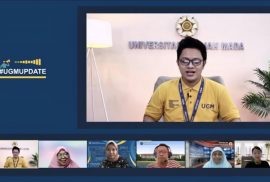Russian President, Vladimir Putin, views the expansion of membership as a signal of the ‘betrayal’ of the countries that won the Cold War against Russia, which does not want the expansion of NATO post-Cold War.
“Currently, NATO’s actions to expand its membership to the east threatens Ukraine’s position as the ‘last fortress’ for Russia. If Ukraine joins NATO, the borders between Russia and NATO will coincide,” Muhadi explained.
Muhadi suspects that Russia is currently experiencing anxiety over the prospect of losing buffer zones that can support its security, especially Ukraine. Today, Russia is demanding something that has long been ‘on its claim’. “The Ukraine issue has even become a ‘life and death’ for Russia’s security and geopolitics. And in desperation, it is feared that Russia could make nuclear weapons an option, whether forced or not.” Muhadi said.


